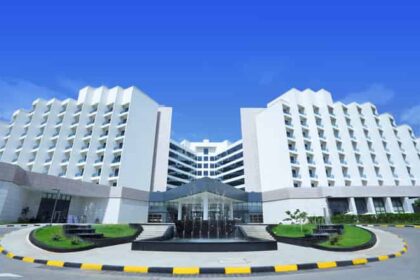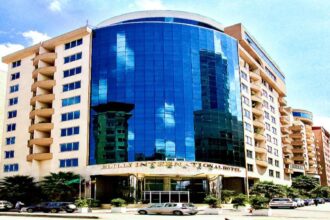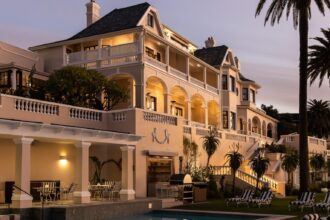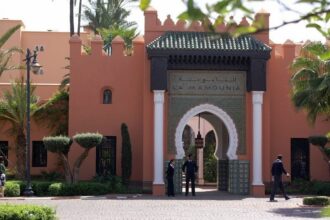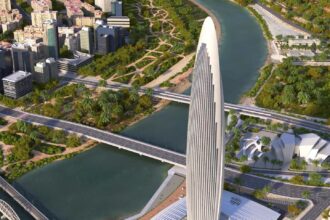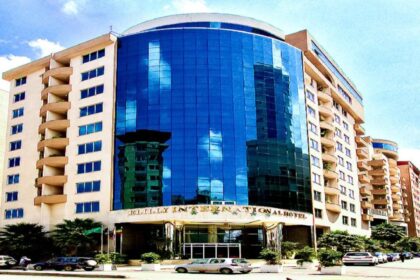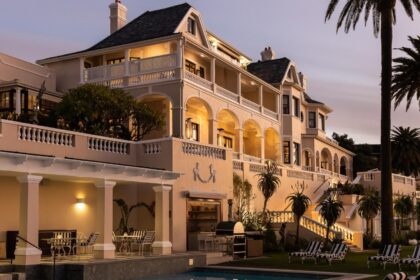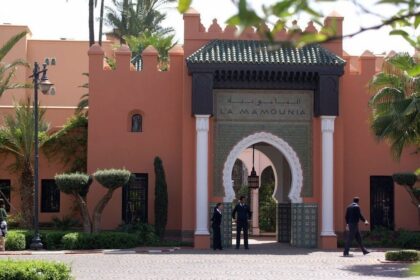At a Glance:
- Africa’s 16 landlocked nations face trade hurdles but boast rich natural resources and diverse landscapes.
- Despite no ocean access, these nations are key to Africa’s economic and cultural growth.
- From eco-tourism in Rwanda to mineral wealth in Zambia, these countries offer hidden gems.
Africa is home to 55 countries, and approximately a third of them—16 nations—are landlocked, meaning they lack direct access to the ocean. These countries face unique challenges, particularly in trade and economic development. In fact, 14 of them are ranked “low” on the Human Development Index (HDI), which factors in life expectancy, education, and income.
Being landlocked poses significant obstacles for international trade. Importing and exporting goods over land is far more expensive and time-consuming than using sea routes, making it harder for these nations to integrate into the global economy.
The United Nations Convention on the Law of the Sea (UNCLOS) does grant access to international waters through transit states. However, many of these countries still struggle economically, exacerbated by limited or no access to ports.
Despite these geographical hurdles, Africa’s landlocked nations are rich in natural resources, cultural heritage, and eco-tourism potential. From vast deserts and plateaus to dense forests and expansive wetlands, these countries are home to some of the most stunning and diverse landscapes on the continent.
Here’s a closer look at these 16 nations and their remarkable offerings:
1. Botswana
Capital: Gaborone
Area: 581,730 km² | Population: 2.58 million
Botswana is dominated by the Kalahari Desert, which covers 70% of its landmass. The Okavango Delta, a UNESCO World Heritage site, provides one of the world’s largest inland deltas, offering unmatched biodiversity and a major eco-tourism draw.
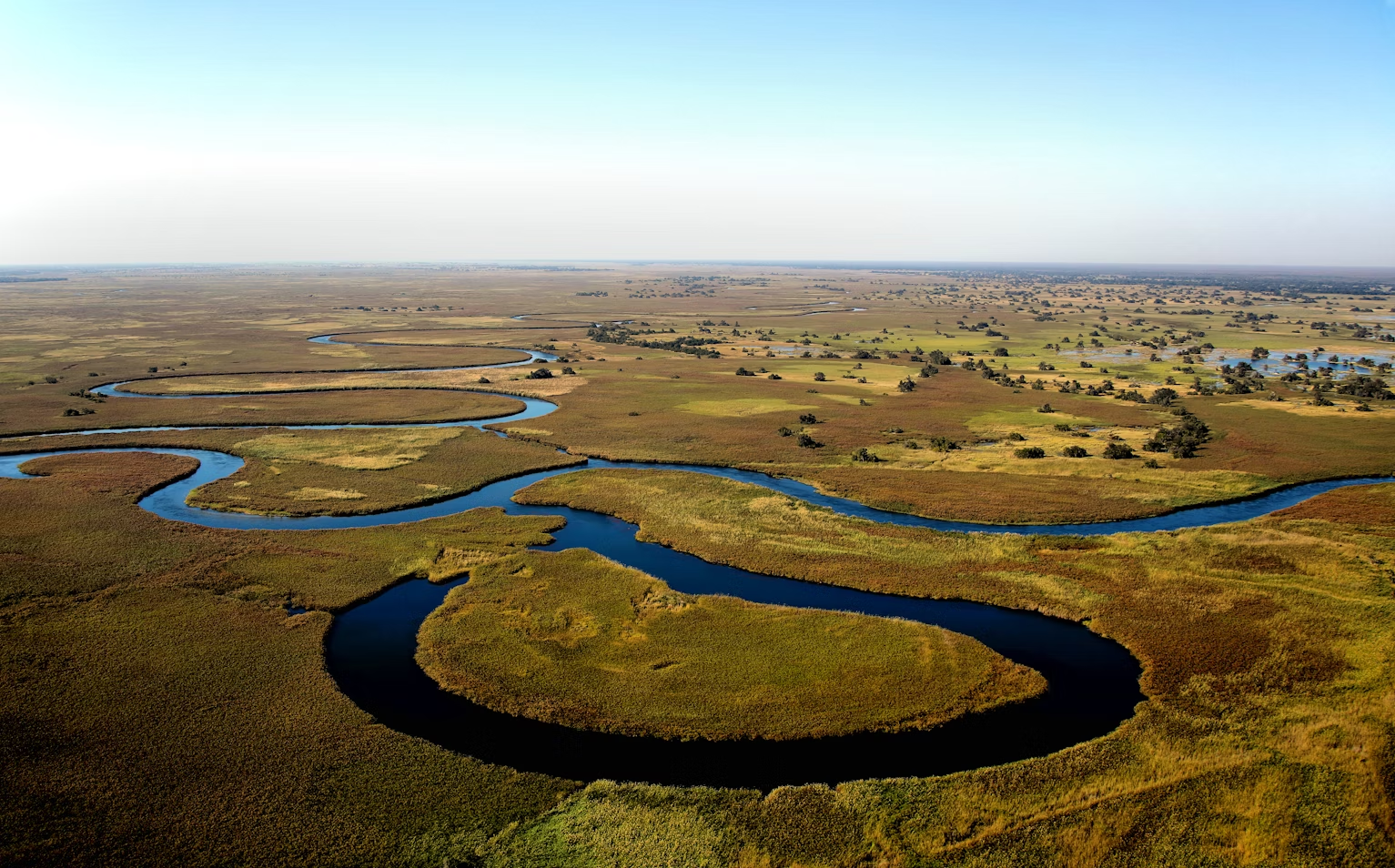
2. Burundi
Capital:Gitega
Area: 27,834 km² | Population: 12.55 million
Nestled in the African Great Lakes region, Burundi boasts rolling plateaus and rich cultural heritage. Despite its small size, the country is known for its scenic beauty, including the Western Rift Valley and the Lake Tanganyika shoreline.
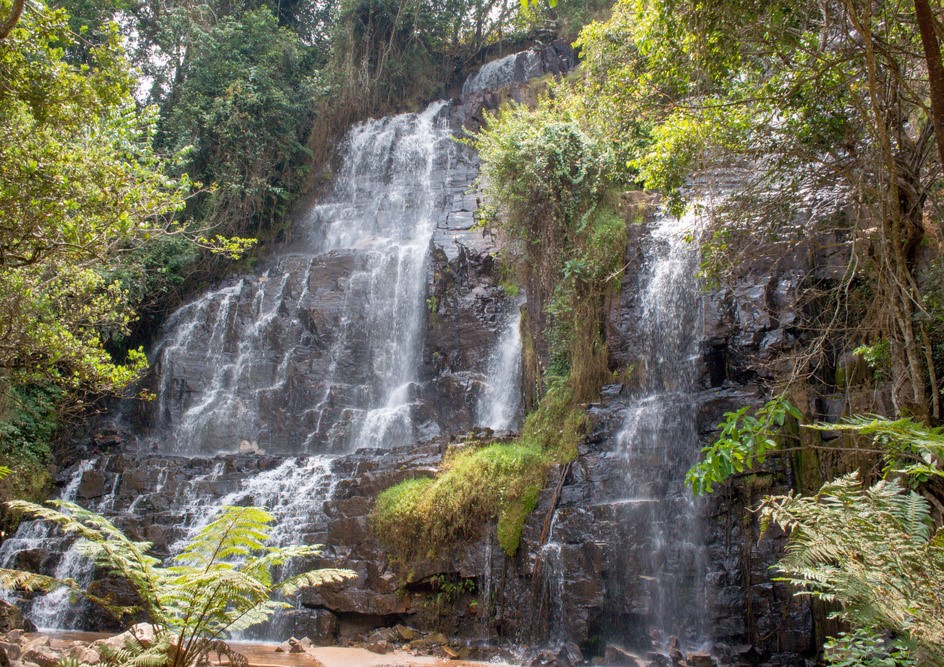
3. Central African Republic (CAR)
Capital: Bangui Area: 623,000 km² | Population: 5.46 million
Located in the heart of Africa, CAR is defined by plateaus, rugged terrain, and the Margherita Peak. Its mineral wealth, including diamonds and gold, has the potential to fuel future economic growth despite the challenges of conflict.
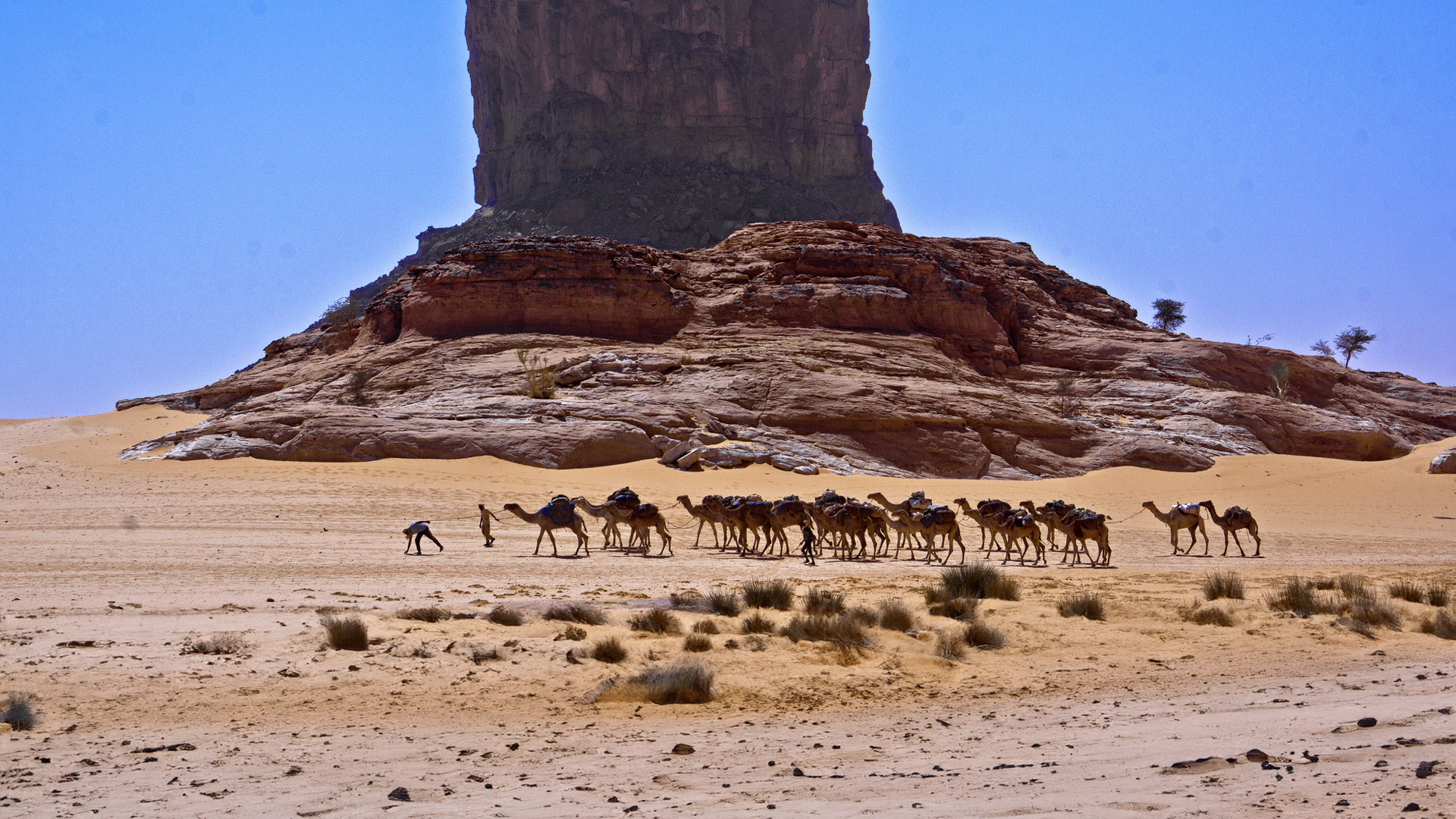
4. Chad
Capital: N’Djamena
Area: 1.28 million km² | Population: 17.18 million
As the fifth-largest African country, Chad’s vast landscapes include the Tibesti Mountains and Lake Chad, one of Africa’s largest wetlands. These natural features are home to unique wildlife and offer potential for eco-tourism.
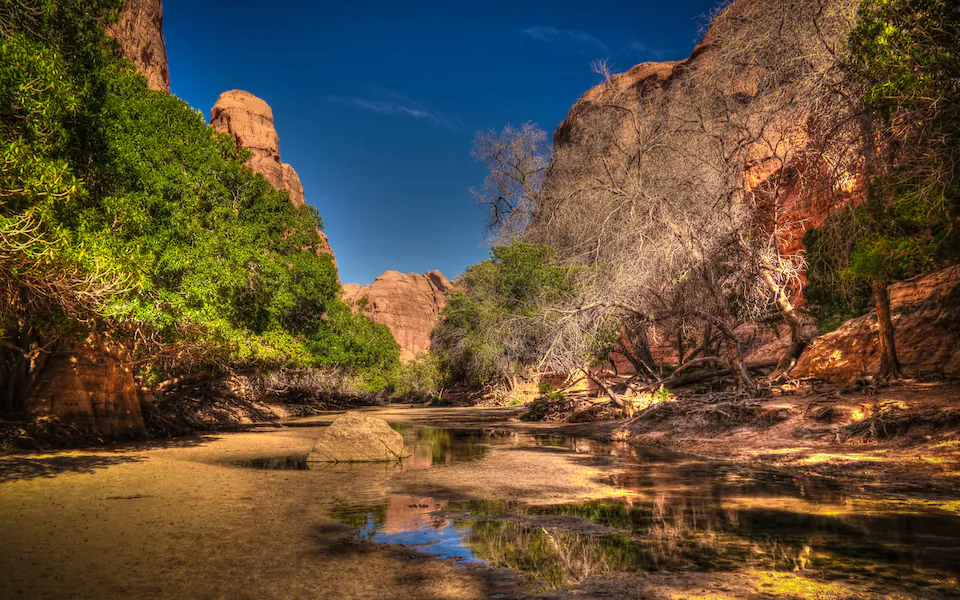
5. Lesotho
Capital: Maseru
Area: 30,355 km² | Population: 2.28 million
Completely surrounded by South Africa, Lesotho is renowned for its mountainous terrain, particularly the Maloti Mountains. The country is home to Southern Africa’s highest peaks, including Mount Ntlenyana.
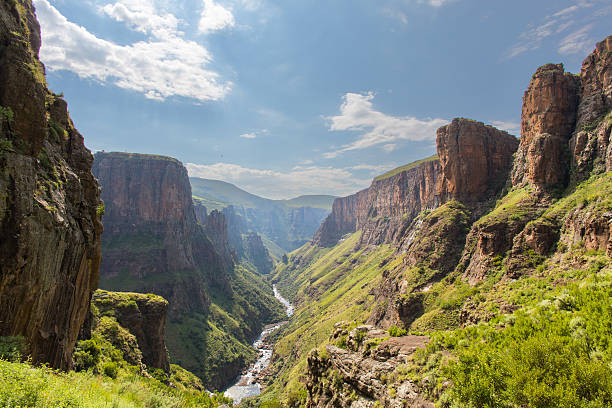
6. Malawi
Capital: Lilongwe
Area: 118,480 km² | Population: 19.89 million
Known for its stunning landscapes, Malawi is defined by the Great Rift Valley and Lake Malawi. The country’s reliance on agriculture has shaped its economy, though tourism around its World Heritage sites offers untapped growth potential.
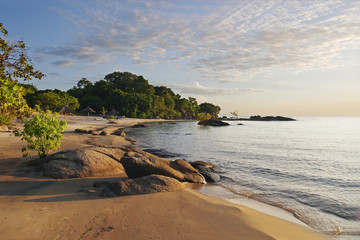
7. Mali
Capital: Bamako
Area: 1.24 million km² | Population: 21.9 million
Mali’s vast desert and the southern Saharan region are offset by the historical significance of Timbuktu and other ancient cities. Its extensive mineral resources position it as an emerging market in West Africa.
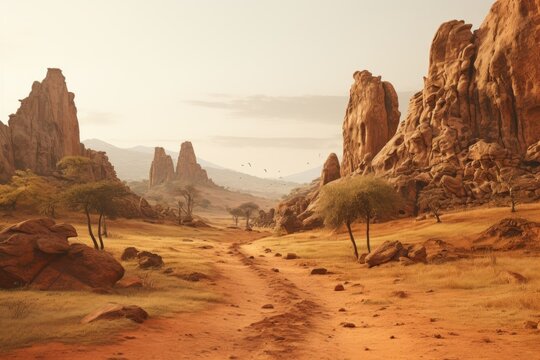
8. Niger
Capital: Niamey
Area: 1.27 million km² | Population: 25.25 million
Niger, characterized by desert plains and sand dunes, is home to significant uranium deposits, positioning it as a key player in Africa’s
energy sector despite its geographical isolation.
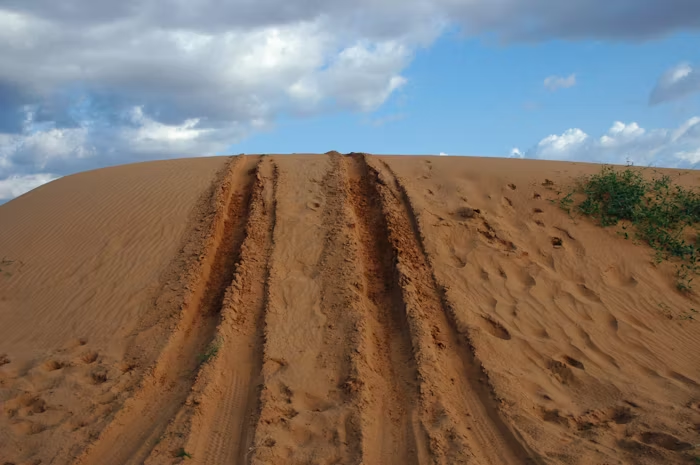
9. Zimbabwe
Capital: Harare
Area: 390,745 km² | Population: 15.99 million
Between the Limpopo and Zambezi rivers, Zimbabwe’s landscape offers impressive plateaus, mountains, and Victoria Falls, attracting millions of tourists annually. The country’s mining and agricultural industries are vital to its economy.
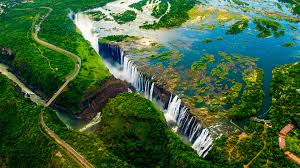
10. Rwanda
Capital: Kigali
Area: 26,338 km² | Population: 13.46 million Known as the “Land of a Thousand Hills,” Rwanda’s terrain is dominated by mountains and lakes. Rwanda is increasingly recognized for its eco-tourism and growing tech industry, positioning itself as a regional hub for innovation.

11) Eswatini
12) Uganda
13) Burkina Faso
14) Zambia
15) Ethiopia
16) South Sudan
Conclusion
While Africa’s landlocked countries face challenges due to their lack of ocean access, they remain rich in resources, culture, and strategic importance. From the mineral wealth of Zambia to the agricultural potential of Burkina Faso, these nations contribute significantly to Africa’s economic and geopolitical landscape. Chad, the largest of Africa’s landlocked countries by area, and Eswatini, the smallest, are prime examples of how geography shapes national development. Despite their challenges, these nations are playing pivotal roles in shaping Africa’s future.


